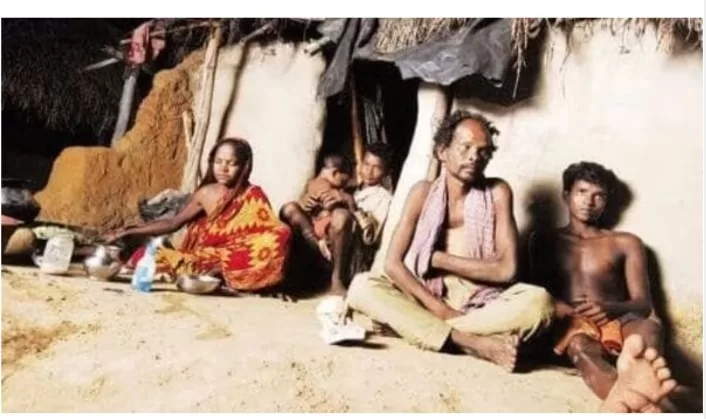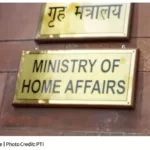In a stark pronouncement, the World Bank has issued a dire warning about Pakistan’s precipitous slide toward a poverty crisis, with a staggering 40% of its population teetering below the poverty line, as reported by The Financial Post.
This cautionary note comes at a pivotal juncture, just ahead of the upcoming elections. The World Bank’s policy briefing is intended to serve as a blueprint for the incoming government, which will bear the formidable responsibility of instituting vital policy reforms.
Unveiling this precarious predicament is the grim reality that over 12.5 million Pakistanis found themselves living below the poverty line last year, grappling with the day-to-day struggle to make ends meet. Recent statistics reveal a disheartening ascent of poverty rates, escalating from 34.2% to an alarming 39.4%. This surge has thrust more individuals beneath the poverty threshold, defined by a daily income of a meager USD 3.65.
As Pakistan grapples with a confluence of profound economic and human development challenges, it is abundantly evident that the nation is currently ill-equipped to curtail poverty, with living standards lagging behind its regional peers. What looms large is not only the daunting task at hand but also the recurring skepticism regarding the government’s capability to make a substantial impact.
Najy Benhassine, the Country Director for the World Bank in Pakistan, emphasized the urgency for transformative policy shifts. Pakistan’s economic landscape has been marred by hardships, including inflation, soaring electricity prices, devastating climate-related shocks, and an acute scarcity of public resources for both development and climate resilience.
The World Bank’s policy assessment asserts that Pakistan’s existing development paradigm is incapable of mitigating poverty, given the country’s lowest per capita income in South Asia and the unenviable distinction of hosting the highest number of out-of-school children worldwide. Pakistan’s human development metrics fall substantially behind the South Asian average, resembling those of various Sub-Saharan African nations, with the heaviest burdens borne by girls and women.
Compounding these concerns, data reveals that almost 40% of children under five years of age suffer from stunted growth, and Pakistan is home to an astonishing 20.3 million out-of-school children globally.
The World Bank contends that Pakistan’s growth model has spawned recurrent balance of payments crises, driven by unsustainable fiscal and current account deficits, necessitating subsequent, painful contractionary adjustments. These crises have contributed to slowing economic growth, eroding confidence, and undermining investments.
In conclusion, Pakistan finds itself at a pivotal juncture, standing on the precipice of a poverty crisis of unprecedented proportions. The challenges are manifold, and the path forward remains treacherous. However, the need for a transformative shift in policy is undeniable if the country is to chart a course towards a more prosperous and equitable future.







